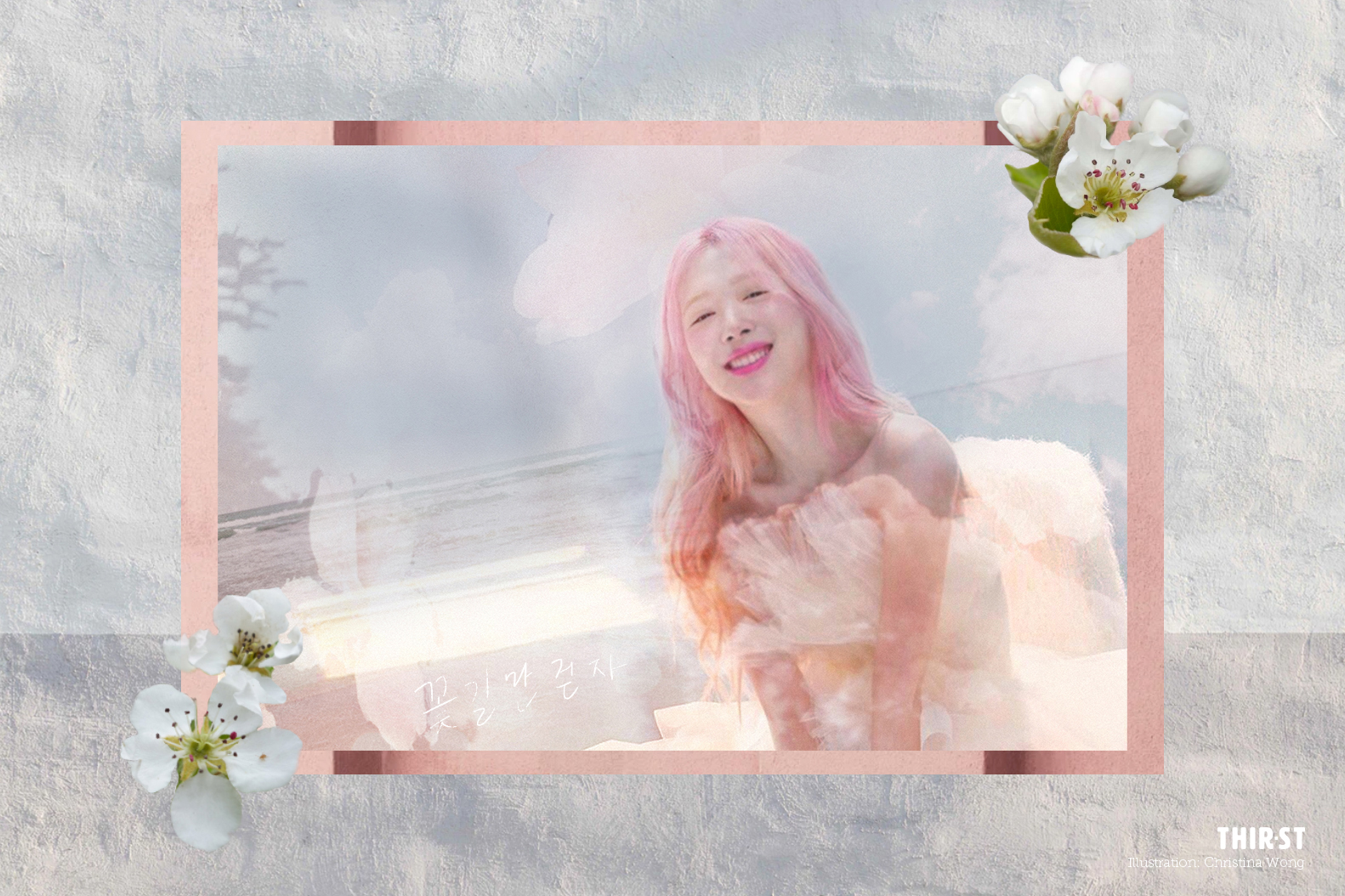What seemed like a calming tide after Jonghyun’s passing in December 2017 was broken on Monday with news of yet another K-pop idol dying by suicide. At 25 years old, Choi Jin-Ri, or more commonly known by her stage name Sulli, was found dead in her home on October 14.
Starting off as a child actress, Sulli’s popularity grew after debuting in K-pop girl group f(x) in 2009. Though later on she announced that she was leaving the group in 2014 to focus on her acting career.
Over the course of her career, Sulli faced rumours that she wasn’t liked by her f(x) members. She was also greatly scrutinised by fans over her dating life and provocative Instagram photos. Eventually, in 2018, she opened up about her struggles with depression.
THE NOT-SO-SILENT CRIES OF CELEBRITIES
On Jinri Market, a reality TV programme aired on October 2018 centred around Sulli’s life, Sulli had candidly shared about her panic disorders and sociophobia, how she felt lonely because no one heard her when she said she was having a hard time.
Sulli was infamously known for her social media posts and the hate comments surrounding it. When she dated a rapper (Choiza) who was 14 years her senior, that offended some. With her most recent scandal involving a wardrobe slip during an Instagram live broadcast, many viewers took to the internet to vent their anger because of this deemed indecency.
Some examples of comments include “stop doing weird things” and “seriously psycho, please admit yourself into a mental hospital”.
What constantly baffles me about this industry is how unheard their cries for help are despite being so widely watched and heard. Some even criticised Sulli’s open confession as an act to garner more attention. To have so many people watching and adoring you, yet to have no one really knowing you, must surely be very isolating.
In the K-pop world, idols are incessantly pinned to standards of perfection. From their manners to appearance, nothing is meant to be out of place – everything is manufactured for viewing pleasure.
On top of the expectations of being talented singers, dancers, actors and hosts, idols are even expected to have perfect personalities that are funny and likeable. They must also be beautiful, muscular, slim, slender, polite, pure and innocent, feeding the consumers’ idea of perfection.
These manicured images can be addictive because we have the opportunity to live vicariously through our idols. This itself is dangerous: What happens when an idol breaks the mould of our expectations?
IDOLS ARE PEOPLE AS WELL
Once an idol stops fitting to what we think is right or pleasing, the fantasies we’ve built around him/her shatter and there is no longer anything to escape to. People take to their keyboards in retaliation, venting their frustrations on an already battered, bruised and very much broken-spirited celebrity.
I believe how we treat our idols is a reflection of a greater brokenness within us. A brokenness that cries out because we’re unable to cope with life’s challenges. Many seem to flee to K-pop as a way to escape from reality, giving rise to a culture of escapism and other unhealthy obsessive fan behaviours such as cyberbullying.
A recent Korean study found that 34 per cent of the 4,000 students surveyed were involved in cyberbullying. Singapore is not immune too, with three in four young people reported having been cyberbullied.
It’s easy to brush off Sulli’s death as a result of the intensively demanding lifestyle that comes with being a K-pop idol or anyone who is a celebrity. But let’s not allow another life to be swept under the “victims of fame” carpet and instead take this as a wake-up call for us as well.
Often what we see on the surface is truly just the tip of the iceberg. Not just the life of an idol, but also for every person we meet – we will never truly understand the full picture of their lives.
Can we let go of our rights to respond when faced with something we don’t like seeing online? Are our actions truly justified when it can potentially cost a life?
Rather than being keyboard warriors, let us be warriors in God’s kingdom instead.
Before judging someone, take time to truly know a person, which includes seeing what lies beneath the surface of their Instagram or Facebook post. Our actions online – be it what we choose to like or comment – have real-life consequences. Let’s not wait for another life to be lost for us to make the right move.
If you are currently facing cyberbullying and don’t know what to do or how to respond, you can seek help from any one of these places: Coalition Against Bullying for Children and Youth (CABCY), TOUCH Cyber Wellness, Community Health Assessment Team (CHAT).
- What do you escape to when you can’t cope with life’s challenges?
- How well do you know your friends and loved ones – do you make an effort to follow up on what you’ve seen them posting online?
- Have you allowed yourself to be known?









